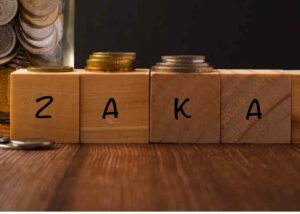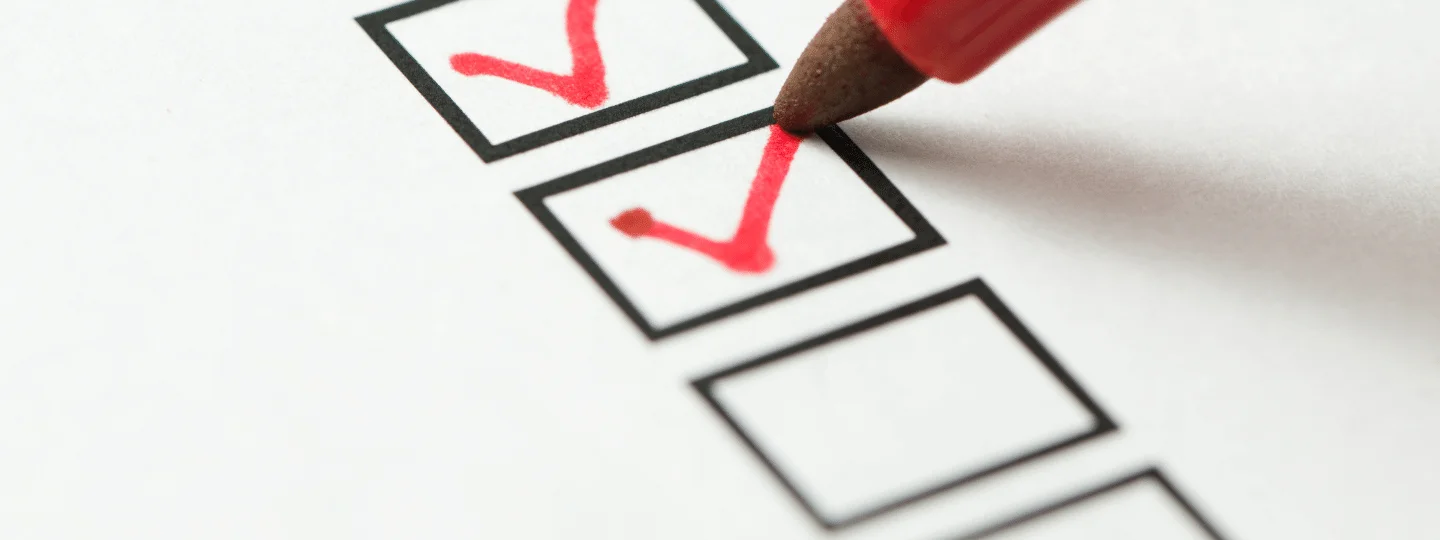A well-known Shaykh has written an article in which he says it is permitted to give Zakah to support Dawah organisations (Madrasah/Masjid etc), is this correct in the Hanafi Madhab?
Quran
Hadith
Islamic Text
This is incorrect, Zakah must be given to individuals not organisations.
إِنَّمَا الصَّدَقَاتُ لِلْفُقَرَاءِ وَالْمَسَاكِينِ وَالْعَامِلِينَ عَلَيْهَا وَالْمُؤَلَّفَةِ قُلُوبُهُمْ وَفِي الرِّقَابِ وَالْغَارِمِينَ وَفِي سَبِيلِ اللَّهِ وَابْنِ السَّبِيلِ فَرِيضَةً مِنَ اللَّهِ وَاللَّهُ عَلِيمٌ حَكِيمٌ
Charity is for the poor, the needy, those employed to administer it, those whose hearts have been (recently) reconciled (to the truth), the enslaved, those in debt, those who strive in the path of Allah and the wayfarer. An obligation from Allah, and Allah is the Knowing and the Wise. (Surah al-Towbah, 60).
If an organisation is distributing the Zakah to poor individuals then it may be permitted to give Zakah to them, in order for them to give it to the poor. However, you must be careful with this because many organisations do not follow the rulings established in classical works of Fiqh and rather follow erroneous contemporary Fataawa (legal rulings). You must first study the Fiqh of Zakah with a reliable teacher and then make sure the organisation you are giving to actually follows the Fiqh correctly.
The question above is a clear example of organisations acting upon contemporary Fatawaa even if they oppose the classical works. I have read the article in question and it is clear that the author has contradicted the Madhab on this issue. The Hanafi Madhab does not allow Zakah to be used to fund Madrasahs or other Dawah organisations.
ﻻ) يُصْرَفُ (إلَى بِنَاءِ) نَحْوِ (مَسْجِدٍ))
قَوْلُهُ: نَحْوُ مَسْجِدٍ) كَبِنَاءِ الْقَنَاطِرِ وَالسِّقَايَاتِ وَإِصْلَاحِ الطُّرُقَاتِ وَكَرْيِ الْأَنْهَارِ وَالْحَجِّ وَالْجِهَادِ وَكُلِّ مَا لَا تَمْلِيكَ فِيهِ زَيْلَعِيٌّ (رد المحتار على الدر المختار))
It is not permitted to use it (Zakah) to build something like a Masjid.
His saying ‘like a Masjid:’ (includes) building bridges, water sources, fixing roads, dredging rivers, for Hajj, military expeditions and anything that does not establish ownership (for a person), Zayla’i. (Imams al-Haskafi and Ibn Abideen, Radd al-Muhtaar).
وَلَا بِنَاءُ مَسْجِدٍ، وَالْأَصْلُ فِيهِ أَنَّ الْوَاجِبَ فِيهِ فِعْلُ الْإِيتَاءِ فِي جُزْءٍ مِنْ الْمَالِ وَلَا يَحْصُلُ الْإِيتَاءُ إلَّا بِالتَّمْلِيكِ فَكُلُّ قُرْبَةٍ خَلَتْ عَنْ التَّمْلِيكِ لَا تُجْزِي عَنْ الزَّكَاةِ (المبسوط)
(It is not valid to use Zakah) to build a Masjid. The principle is that the obligation is to give some of the wealth, and that is not accomplished without transferring ownership (to a person). So, every deed that does not include a transfer of ownership is not valid for Zakah. (Imam Shams al-Aimah al-Sarakhsi, al-Mabsoot).
وَكَذَلِكَ بِنَاءُ الْمَسْجِدِ لَيْسَ فِيهِ تَمْلِيكٌ مِنْ أَحَدٍ (المبسوط)
And likewise building a Masjid does not include a transfer of ownership to anyone (so is invalid for Zakah). (Imam Shams al-Aimah al-Sarakhsi, al-Mabsoot).
(لَا إلَى بِنَاءِ مَسْجِدٍ)
أَيْ لَا يَجُوزُ أَنْ يَبْنِيَ بِالزَّكَاةِ مَسْجِدًا؛ لِأَنَّ التَّمْلِيكَ شَرْطٌ فِيهَا وَلَمْ يُوجَدْ وَكَذَا بِنَاءُ الْقَنَاطِيرِ وَإِصْلَاحُ الطُّرُقَاتِ وَكَرْيُ الْأَنْهَارِ وَالْحَجُّ وَالْجِهَادُ وَكُلُّ مَا لَا تَمْلِيكَ فِيهِ (درر الحكام شرح غرر الأحكام)And it (Zakah) is not allowed in the building of a Masjid.
Meaning one cannot build a Masjid with Zakah, because transfer of ownership is a condition for the validity of it (Zakah) and it is not present. Likewise the building of bridges, fixing roads, dredging rivers, Hajj, military expedition and anything that does not consist of a transfer of ownership (to a person). (Mula Khusru, Durar al-Hukaam).
In the above Nusoos (texts) it is clear that Zakah is only valid when it is paid to a person and not an institution. This payment must incorporate a transfer of ownership (Tamleek) to a poor person. When you give money to a Dawa organization or Madrasah, you are not fulfilling this criteria and therefore it is invalid.
In his article the Shaykh quoted Imam al-Kaasaani to justify the position he took. However, it is clear from the text of Imam al-Kaasaani that he is speaking about poor individuals taking Zakah not institutions. It is also clear on the issue that such people can only take Zakah if they are needy, meaning poor. People who have Nisaab cannot take Zakah.
وَأَمَّا قَوْله تَعَالَى: {وَفِي سَبِيلِ اللَّهِ}
عِبَارَةً عَنْ جَمِيعِ الْقُرَبِ فَيَدْخُلُ فِيهِ كُلُّ مَنْ سَعَى فِي طَاعَةِ اللَّهِ وَسَبِيلِ الْخَيْرَاتِ إذَا كَانَ مُحْتَاجًا وَقَالَ أَبُو يُوسُفَ الْمُرَادُ مِنْهُ فُقَرَاءُ الْغُزَاةِ (بدائع الصنائع في ترتيب الشرائع)
As for His (Most High) saying {And in the path of Allah} (Surah Towbah, 60), it incorporates all types of pious deeds. Everyone who works in the obedience of Allah (Most High) and in the path of goodness (is included) if he is needy. And (Imam) Abu Yusuf said it (the verse) is referring to poor soldiers. (Imam Ala al-Deen al-Kaasaani, Bada’i al-Sanaa’i).
The above text is clear regarding the issue, it restricts Zakah to the needy, meaning poor individuals. Further clarity can be found in other books that quoted Imam Kaasaani’s statement.
(وَفِي سَبِيلِ اللَّهِ وَهُوَ مُنْقَطِعُ الْغُزَاةِ)
وَقِيلَ الْحَاجُّ وَقِيلَ طَلَبَةُ الْعِلْمِ، وَفَسَّرَهُ فِي الْبَدَائِعِ بِجَمِيعِ الْقُرَبِ وَثَمَرَةُ الِاخْتِلَافِ فِي نَحْوِ الْأَوْقَافِ(قَوْلُهُ: وَثَمَرَةُ الِاخْتِلَافِ إلَخْ)
يُشِيرُ إلَى أَنَّ هَذَا الِاخْتِلَافَ إنَّمَا هُوَ تَفْسِيرُ الْمُرَادِ بِالْآيَةِ لا فِي الْحُكْمِ، وَلِذَا قَالَ فِي النَّهْرِ وَالْخِلَافُ لَفْظِيٌّ لِلِاتِّفَاقِ، عَلَى أَنَّ الْأَصْنَافَ كُلَّهُمْ سِوَى الْعَامِلِ يُعْطَوْنَ بِشَرْطِ الْفَقْرِ (رد المحتار على الدر المختار)
And in the path of Allah (Most High), it means soldiers who have been cut off. It is said (in a weaker opinion) that it refers to the Hajji or seekers of knowledge. In Bada’i he explained it as all acts of piety. The difference manifests in things like endowments (not in Zakah).
His saying, ‘The difference manifests in…’ refers to the fact that this difference is regarding the explanation of the verse not the legal ruling (regarding Zakah). That is why he said, in al-Nahr, and the difference is regarding the (meaning of the) words (not the ruling), because all types (of recipients of Zakah) have to be poor other than those who administer it. (Radd al-Muhtaar).
In the above text Imam al-Haskafi explains that the discussion in Bada’i regarding the meaning of ‘Wa Fi Sabeelillah’ has no effect on the legal ruling of Zakah, rather it effects other issues like endowments. Imam Ibn Abideen clarifies this point further and quotes from al-Nahr to further emphasise the point the Zakah can only be given to poor people, unless one qualifies as a Zakah administrator.
We can see from the above Nusoos (text) that the Hanafi Madhab does not allow institutions to take Zakah, this is clearly the position of the Madhab and mentioned in numerous books of the Madhab. There are a lot of problematic Fatawaa regarding the issue of Zakah in our time, so one must be careful and protect himself from such Fatawaa by studying the Fiqh of Zakah thoroughly.
And Allah (Most High) Knows Best.
– Answered by Shaykh Noorud-deen (12.04.2021)
See also:
Students of Islamic Knowledge taking Zakah
Paying Zakah through Muslim charities
See also (video):






